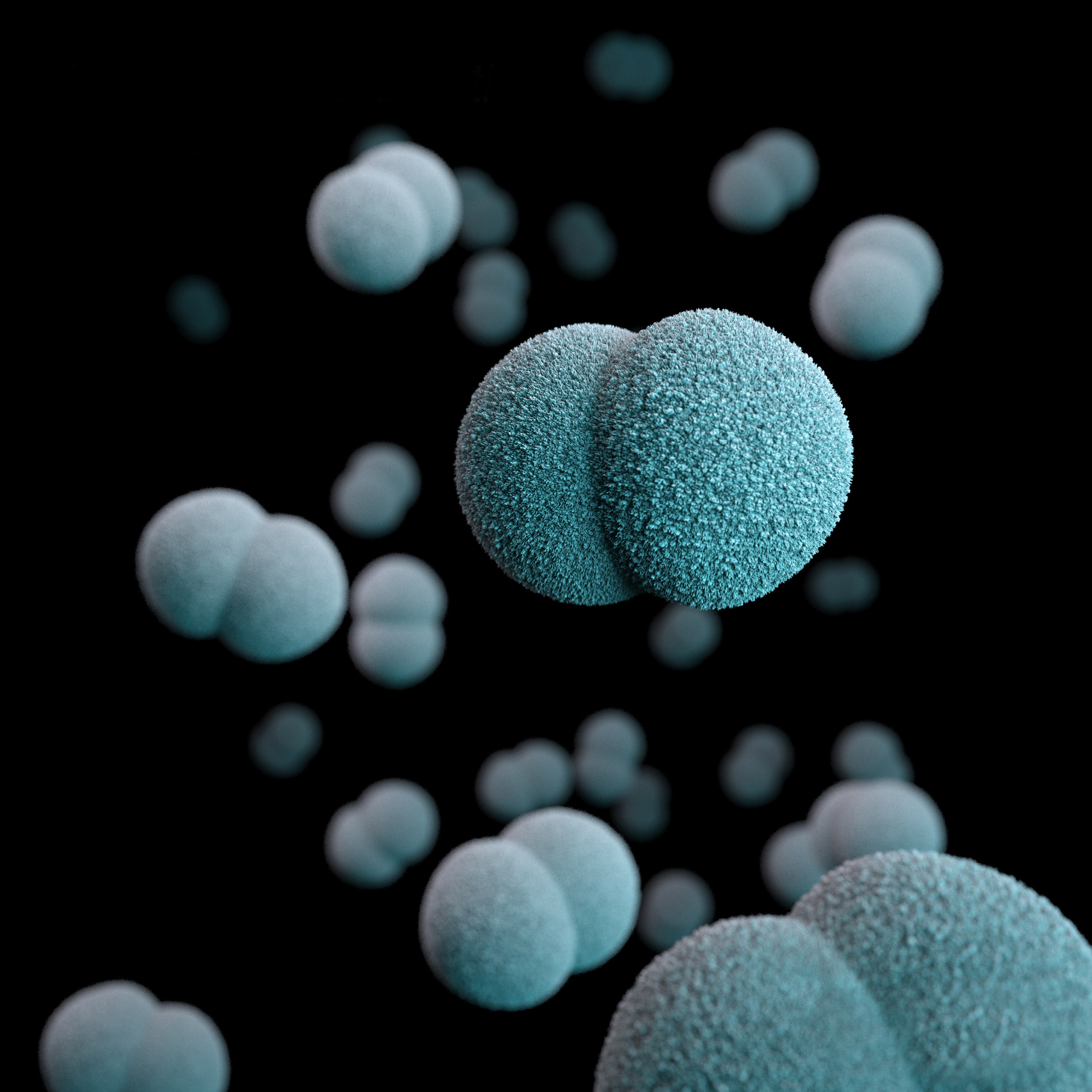
Food&Drink Writer Victoria Caplin weighs up the pros and cons of the Vegan diet.
Vegan diets are becoming increasingly popular; there are now approximately 1.1% vegans in the world which equates to 88 million people. This percentage is on the rise as in the UK the percentage of vegans increased from 1.3% in 2019 to 2.55% in 2023. Vegan diets consist of eating plant based foods whilst avoiding foods derived from animals and animal by-products. There are multiple reasons for becoming vegan including animal welfare concerns, environmental issues, health concerns and the influence of social media.
Health Benefits
A vegan diet promotes an increased gut microbe diversity and can alter one’s gut flora and metabolites leading to an improved gut microbiome. Knowledge around the gut microbiome is an extremely prosperous advancement in the medical field. Scientists have learnt that everyone’s genetic make-up is unique and that different foods therefore affect individuals differently. Adhering to a vegan diet is proven to offer many health benefits including: lowering the risk of heart disease, lowering blood pressure, lowering the risk of cardiovascular disease, reducing the risk of type 2 diabetes, lowering cholesterol and reducing the risk of some cancers. A vegan diet proposes significant benefits not only to health but also to lifestyle
Difficulties and Issues of the Vegan Diet
It can be hard (some may say hellish) living a vegan lifestyle for multiple reasons, it’s expensive, it can be inconvenient, it can come with some judgement and it may not be as healthy as we think. Maintaining a vegan diet, particularly one that includes plant based and organic foods, can cause budget difficulties for students, but with thoughtful and strategic planning it can be well executed. There are also unnecessary negative stigmas around being vegan. This includes social exclusion, challenges regarding dietary accommodations, and social pressures. A commonly overlooked drawback of a vegan diet is the lack of important nutrients like vitamin B12, vitamin D, omega 3, iron, iodine, calcium, selenium, zinc and protein. Whilst these can be fixed through dietary alterations and appropriate supplementation there is a risk of becoming deficient in these nutrients which could potentially lead to more serious health issues.
After there is a common misconception that just because something is labelled vegan it is healthy. Whilst one could argue that plant based options are the healthier choice, they can still contain the same amount, if not more, of saturated fats, added sugars and salts as the non-vegan options, as well as typically being ultra-processed. To obtain the taste of the food being substituted, vegan foods typically contain more additives and synthetic compounds to replicate the sensory qualities of the non-vegan food.
Balance is Key
I believe that following a strict diet can be an enabler of stress and anxiety surrounding food, and can potentially lead to eating disorders. While subjecting yourself to a specific diet may offer practicality when eating out or grocery shopping, in the grand scheme of things, our fixation with how others perceive our choices is often overstated. In reality, everyone is more concerned with their own lives. I am a big believer of keeping everything in moderation and balance. Eat what makes you feel good!
It’s perfectly acceptable to indulge and have some off days. That’s life, try not to over-analyse food and what you are eating.
Life encompasses a range of experiences and food should not hold you back from enjoying your life. Alleviating the pressure surrounding eating ‘healthy’ or strictly sticking to a diet will enable people to live more carefree and happy lives. Ultimately, there are a multitude of benefits alongside some challenges and misconceptions which need to be acknowledged when adhering to a vegan diet. A balanced approach to food choices can lead to greater well-being and a more enjoyable life.
Hungry for more? Check out these articles:
Is Veganuary Actually Good For The Environment? | Redbrick Food&Drink
Recipe: Vegan Butter Tofu Curry | Redbrick Food&Drink
Is a Climatarian Diet Better for the Planet than Veganism? | Redbrick Food&Drink
Comments